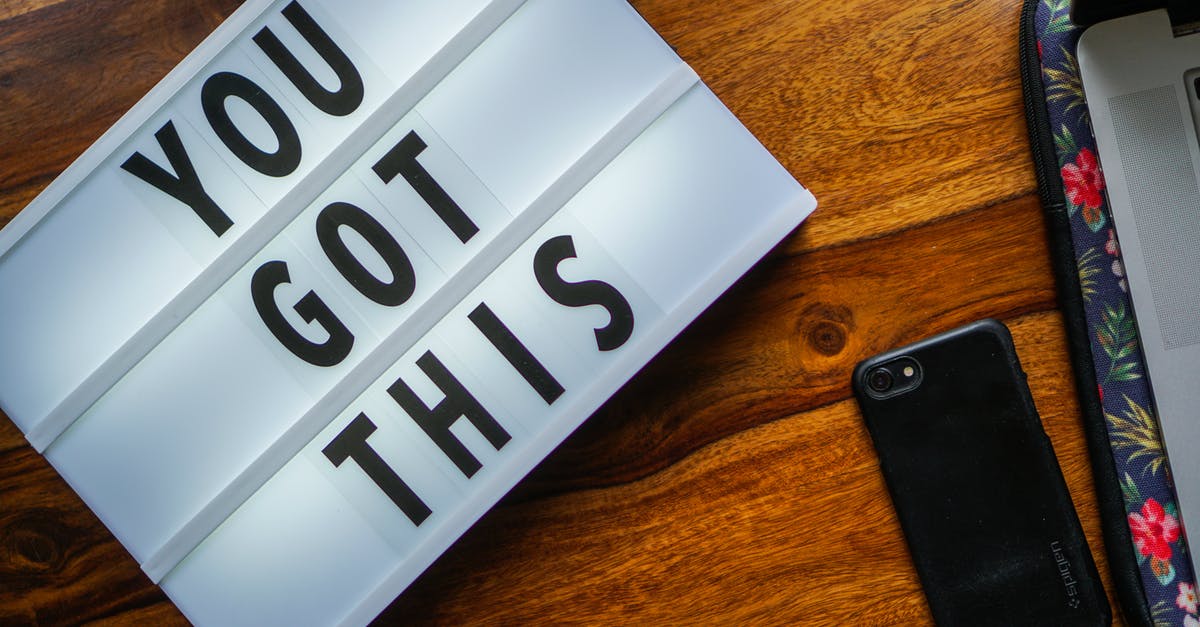what is the official procedure if you answer "yes" to any of the US visa (DS 160) "are you a terrorist/slaver/bodysnatcher" questions?

The DS 160 form for visa to the US asks those famous questions:
Do you seek to engage in espionage, sabotage, export control violations, or any other illegal activity while in the United States?
Do you seek to engage in terrorist activities while in the United States or have you ever engaged in terrorist activities?
Have you ever ordered, incited, committed, assisted, or otherwise participated in genocide?
Have you ever been directly involved in the coercive transplantation of human organs or bodily tissue?
obviously, I don't intend to answer "yes" to any of these questions. Why they ask them at all is a question, but maybe a different one.
My question is: What does actually happen if someone were hypothetically to state here that they've participated in genocide or stolen body parts? I'm asking if there is any kind of official procedure, government guideline, or even law that governs that.
Aside from the obvious cases, there's a few that might actually come up, such as the question about prostitution in the past 10 years (for people from countries where prostitution is legal). Or the question about being member of a paramilitary or resistance group where such groups are officially US supported, etc.
Best Answer
What does actually happen if someone were hypothetically to state here that he's participated in genocide or stolen body parts?
If a visa applicant answers yes to any of these questions, the applicant is found to be inadmissible to the United States, the application is denied, and no visa is issued. The applicant's passport would normally be returned, though I suppose it's possible that the applicant might be reported to law enforcement authorities in the host country, in which case the applicant's passport might not be returned.
I'm asking if there is any kind of official procedure, government guideline or even law that governs that.
The law, as noted in another answer, is 8 USC 1182, which governs inadmissibility.
Aside from the obvious cases, there's a few that might actually come up, such as the question about prostitution in the past 10 years (for people from countries where prostitution is legal).
8 USC 1182(a)(2)(D)(i) provides that a person who has (among other things) "engaged in prostitution within 10 years of the date of application for a visa" is inadmissible, without regard to the legal status of the act of prostitution in the jurisdiction in which it occurred, so it doesn't matter where the person comes from or where the person engaged in prostitution. As with the other inadmissibility questions, the wording is essentially taken directly from the statute, so a "yes" answer would lead automatically to denial.
As to admissions of espionage, sabotage, or terrorism, it's probably likely that the CIA would learn of them, since it's fairly common knowledge that the CIA, like most intelligence services, places its agents in diplomatic and consular posts. The CIA or the State Department might also alert the intelligence services or law enforcement authorities of the host nation; I don't know whether policies governing that would be publicly available.
Pictures about "what is the official procedure if you answer "yes" to any of the US visa (DS 160) "are you a terrorist/slaver/bodysnatcher" questions?"



How do you increase your chances of getting a US visa?
U.S. Tourist Visa: How to Make your Chances of Approval HigherHow Long Does US visa processing take?
Though visa processing time is typically one week, processing time for specific cases may vary due to individual circumstances and other special requirements. Nonimmigrant visa applicants are encouraged to apply at least three (3) months in advance of the intended date of travel.How long does it take to get US visa after interview?
It takes from 3 to 5 weeks for a US visa application to get processed. After the processing, the applicant can get a positive reply on their application, and the consulate will deliver the document. The delivery of the visa can take up to two other workdays.Is US embassy open in India for tourist visa?
\u201cThe US mission to India is pleased to announce that we are resuming routine in-person tourist visa appointments in September 2022,\u201d the official announcement on the US Embassy social media pages stated. \u201cPreviously scheduled placeholders have now been cancelled.Sources: Stack Exchange - This article follows the attribution requirements of Stack Exchange and is licensed under CC BY-SA 3.0.
Images: Prateek Katyal, Designecologist, Prateek Katyal, Anna Tarazevich
